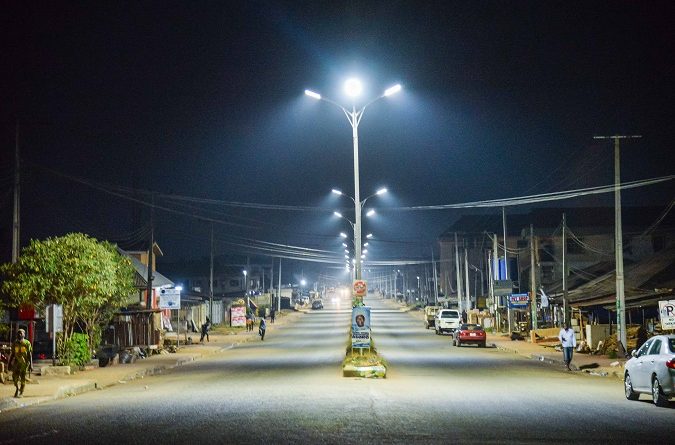Power Generation: Nigeria’s Electricity Regulator Finally Admits Its Incapabilities, Grants Captive License To Varsities, Brewery


The Oasis Reporters
January 13, 2025

Long before Nigeria’s Independence in 1960, Nigeria’s Power Holding Companies that used to be known as Electricity Corporation of Nigeria (ECN) before becoming NEPA (Nigeria Electricity Power Authority) and later, Power Holding Company of Nigeria (PHCN) and now broken into a few Distribution companies had always puffed and hewed about electrifying Nigeria. Yet they kept an ebullient nation in pitch darkness and it’s economy in a prostate lie with vain promises they knew that they could not keep.
Over six decades of darkness due to insufficient electric power production and supply that crippled industrial growth, they seem to have changed the regulation that granted them the monopoly to produce power and also distribute it.
It has now granted licenses to some universities and the Nigerian breweries the right to produce captive power.
Here’s their tweet on X:
NERC GRANTS CAPTIVE LICENSE TO
NIGERIAN BREWERIES AND UNIVERSITIES
The Nigerian Electricity Regulatory Commission (NERC) has issued captive power generation permits to 11 applicants, including Nigerian Breweries and several universities, with a total capacity of 63.36MW.
Captive power generation allows these entities to produce electricity for their own consumption, enhancing energy self-sufficiency.
Among the beneficiaries, Nigerian Breweries has been granted permission to generate up to 41MW for its facilities in Abia, Oyo, and Enugu states. Additionally, six Nigerian universities, including the University of Abuja, University of Calabar, Michael Okpara University of Agriculture, and others, along with the Nigerian Defence Academy (NDA), have also received permits for varying capacities ranging from 1.5MW to 12MW.
This move reflects a growing shift towards sustainable energy solutions and greater independence for key institutions in Nigeria.
#Nigeria #Energy #PowerGeneration #Sustainability #NERC
https://x.com/nationalgridng/status/1878731906088423701?s=48&t=YBL7OBS6SAOJ7YY-14y_3A
This marks a significant shift indeed, and many institutions would opt for it, even producing more than their need with the aim of selling the excess to the national grid for distribution to those that need. This may make electricity much more affordable and sustainable , thus ushering productivity and prosperity.
What has been holding Nigeria’s industrial growth has been given a new lease of life.














